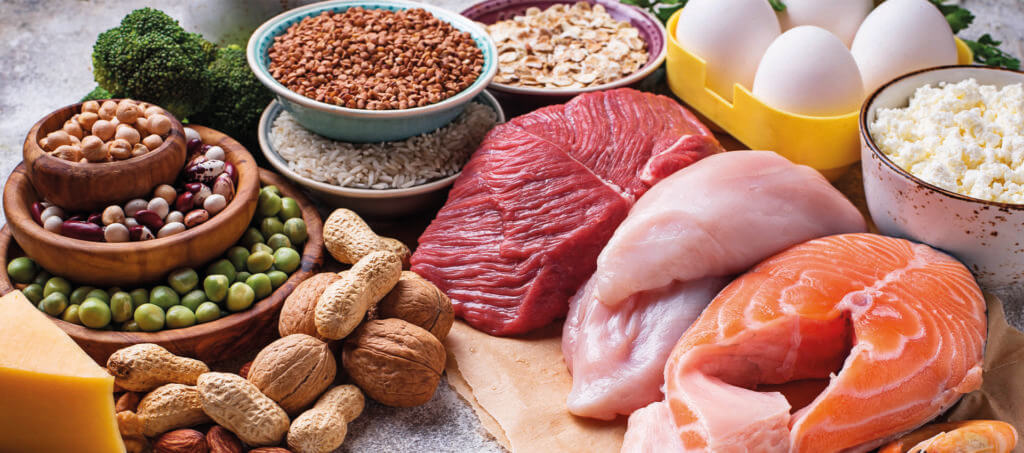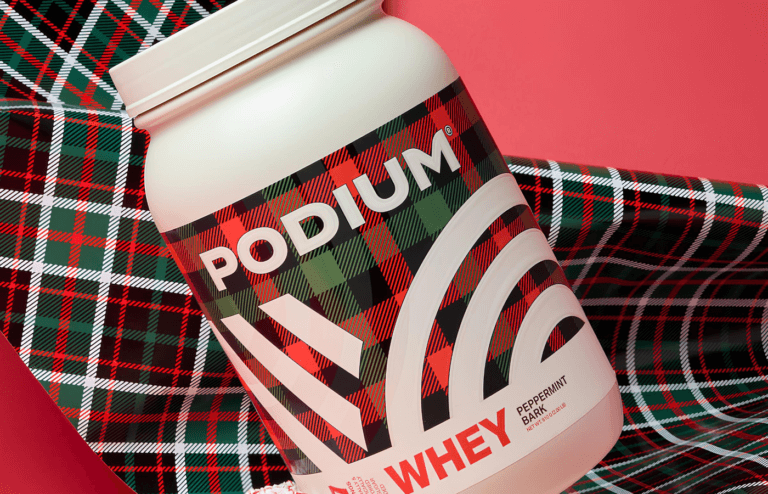Author: Nathan Honess
Protein is a word you’ll repeatedly hear in the fitness world – for good reason. Protein is a macronutrient containing amino acids, the building blocks for growing muscles.
Protein keeps us fuller for longer due to its satiating effect, making it a useful dietary tool for losing weight. Adding more protein to your diet will give you a greater chance of realizing your fitness goals and achieving your dream physique. Despite this, lots of us struggle to follow a high-protein diet in a world of fast food and quick fixes.
To help increase your protein intake, these top tips are perfect for those with busy, active lifestyles.
Switch Cereal For Eggs

Many kinds of cereal are high in sugar and low in protein, meaning you’re more likely to binge in the run-up to lunch. A simple swap to eggs on toast will provide around 12 grams of protein and add a spring to your morning step. If eggs aren’t for you, try overnight oats with a scoop of protein powder.
Snack Wisely
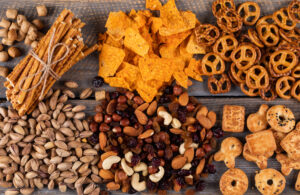
Chips, chocolate, sweets … so moreish, but they have low nutritional value and contain very little protein. Go for snacks like Greek yogurt with granola, apple slices with peanut butter, or cottage cheese on rice cakes. Still delicious, but also high in protein.
Base Meals Around Protein
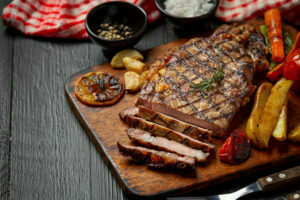
When figuring out meal plans, always make protein your star player. A good starting point is to aim for around 20-30 grams of protein per meal, deriving from leaner food sources like chicken, turkey, tuna, beef, and lentils. Be sure to include protein with every meal and snack.
Make Protein Supplements Work For You

We can increase our protein intake through whole food alone, but protein bars and shakes make it much easier – especially in our busy lives. Instead of your chocolate muffin, why not try a protein bar to bridge the gap? If one of your meals is low in protein, why not whizz up a shake to drink alongside it?
Track Your Protein
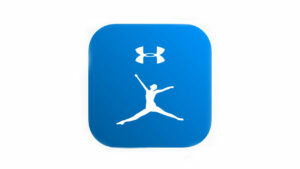
Apps like MyFitnessPal are a Godsend for knowing how many calories you consume daily, alongside helping to get a handle on your macro split (carbs, fat, and protein intake). For those who haven’t tracked before, try inputting everything you eat and drink for two weeks. This will give you insight into how much protein you eat daily and whether you need to boost it.
Consuming enough protein and following a consistent training plan is an effective method to achieving your fitness goals. Your diet and training plan work hand in hand, and the results will follow once they’re in harmony. When the protein’s high, so is your success.
Nathan Honess has over fifteen years of experience helping people improve their health and wellbeing, with a large portfolio of clients in his work as a personal trainer. In 2020, Nathan released his first book, Body and Goal: Realise Your Fitness Potential.
Inspired to up your health-game by increasing your protein consumption? Try this HIGH PROTEIN, LOW FAT RECIPES FROM MUSCLEFOOD.COM

